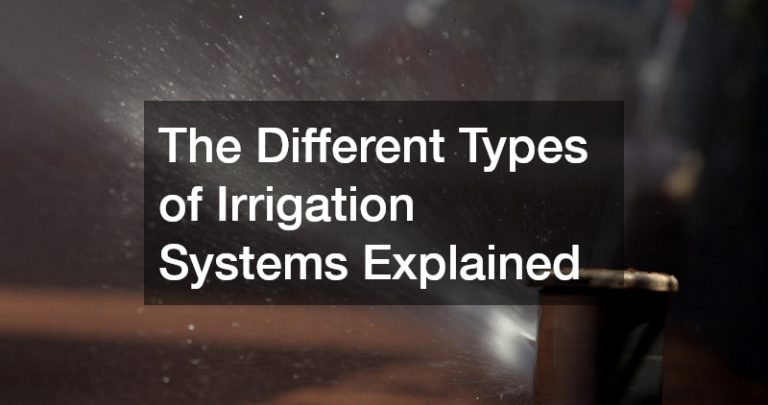Keeping your pools algae-free and clean isn’t as tedious as you might expect. Your pool is different from your neighbor’s, so their maintenance needs are also different. But they all have one common factor: you should clean your pool regularly to maintain its pristine health. Make sure to talk to a professional or read the manual before you start getting a machine to fix broken pumps or clear out murky waters.
Though you’ve decided to call a pH balance and pool maintenance specialist, you’ll still have a lot of things to do to ensure your pool stays in good condition for years. Learn about pool maintenance tips that will make your life easier.
Clean Filters or Get Rid of Debris
Taking off debris on the pool’s surface is one of the easiest and quickest ways to clean it. Debris floating on the surface will sink slowly, making it harder to remove them. You can use a leaf skimmer or hand skimmer to eliminate bugs, leaves, and other unwanted objects. It’ll drastically make the pool’s circulation system more efficient and reduce the amount of chlorine you’ll have to use. You’ll also have to maintain the strainer baskets.
Be sure to clean them once a week to improve circulation and minimize chlorine use. In cleaning your pool, you’ll have to remove the plastic basket and shake it. Then, clean the insides by using a hose to get rid of stubborn objects.
Keep the Pool Filters Maintained
Your pool needs three filters to function: diatomaceous earth, sand, and cartridge. Each component has different cleaning techniques; hence, your routine cleaning will depend on how often you use your pool and the kind of filter. Maintaining the filters more than necessary will affect the filtration process. Using clean filters is less efficient than using one with the right amount of dirt.
That’s because dirt will trap other particles, further getting rid of debris from the pool’s water. But you should avoid getting the filters too dirty. If you’re not sure when to clean the filters, you’ll have to be mindful of the water’s flow. Your pressure gauge and flow meter will also have a noticeable increase in their flow. If that difference reaches ten to fifteen pounds, that’s the best time to clean your filters.
Check and Replace Water Levels

Your pool will lose a vast amount of water during the swimming season due to normal wear and tear, including exiting the pool, splashing, and swimming. Evaporation will also cause your pool to lose water. Don’t forget to check its level while also getting rid of debris by skimming the surface.
You should also be cautious of the water level to avoid damaging the pumps. Bring it back to safe levels with a garden hose if the water level is low. Don’t let it sit for too long if you drain your pool after the swimming season or for maintenance. One tip to bear in mind is to leave water in the pool throughout winter since it’ll help counteract the forces from the ground going up against the pool from below.
Use the Right Chlorine Solution
Over time, organic contaminants like nitrogen and ammonia will build up. Massive amounts of such pollutants will force the pool’s chlorine to turn into chloramines, which gives off the potent odor that people associate with pools. You’ll need to pour in the right amount of chlorine solution if you want to eliminate that pungent smell.
It’ll bring your pool back to the proper chlorine levels. It might seem unusual, but adding vast amounts of chlorine will eliminate that unnecessary odor. You’ll have to regularly pour in the chlorine solution for a significantly long time. Don’t ignore the manufacturer’s instructions before pouring the chlorine solution to get the right outcome.
Prepare the Pool for the Winter
Your local conditions will also determine whether or not you need to prepare your pool for winter. If your area is susceptible to freezing temperatures, you’ll have to prepare so that your pool stays healthy. Letting the water inside the pipes freeze will lead to huge damages. Once winter ends, using an air compressor to clean the pool’s plumbing will help avoid this. Or, use nontoxic antifreeze to get rid of the remaining water.
Don’t forget to disconnect the chemical feeders, pumps, and heaters and clean the feeders properly. Once you’ve done that, start lowering the water levels, closing the skimmer line valves, emptying skimmer baskets, brushing walls, vacuuming, and skimming, and make sure to cover the pool to keep debris out.
Your pool can be the family’s source of entertainment, but maintaining it isn’t as easy as it seems. You’ll have to be cautious to ensure it lasts and doesn’t need routine repairs for the years to come. In fact, you’ll need dedication and hard work to ensure that the pool stays in excellent condition for the rest of the year.





